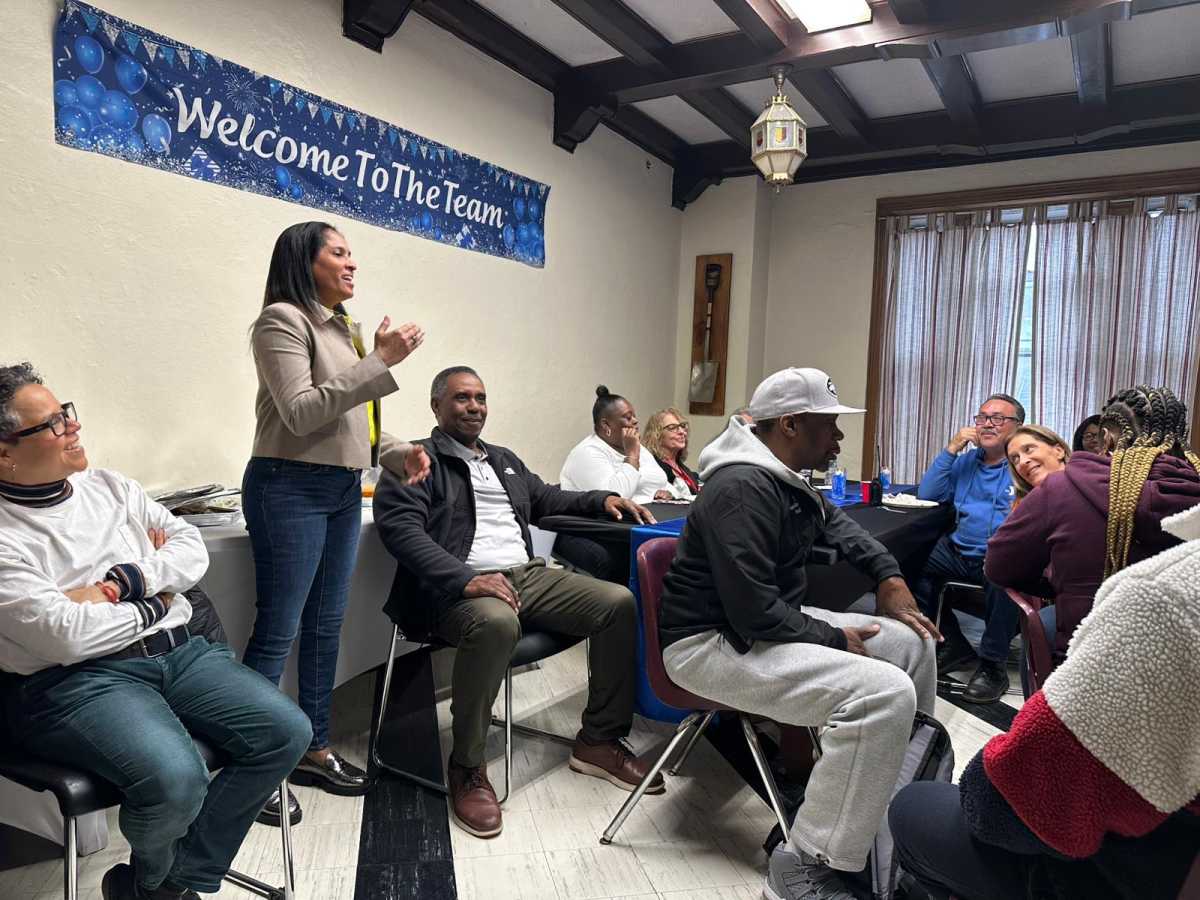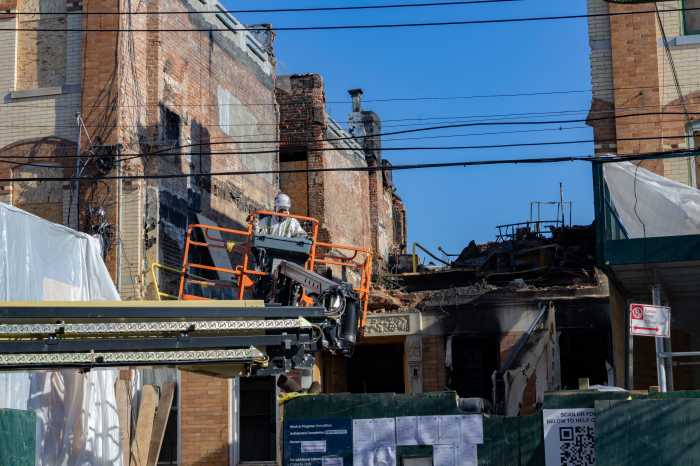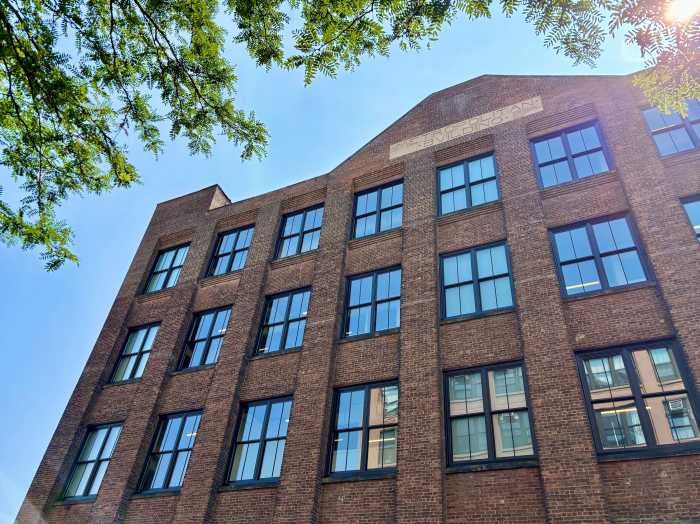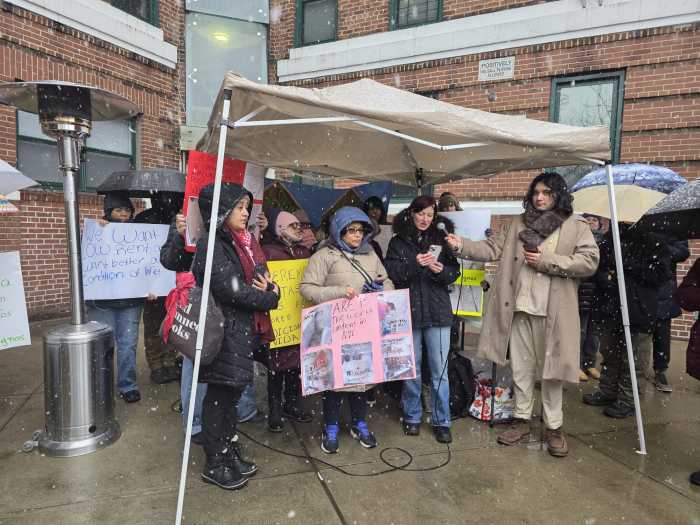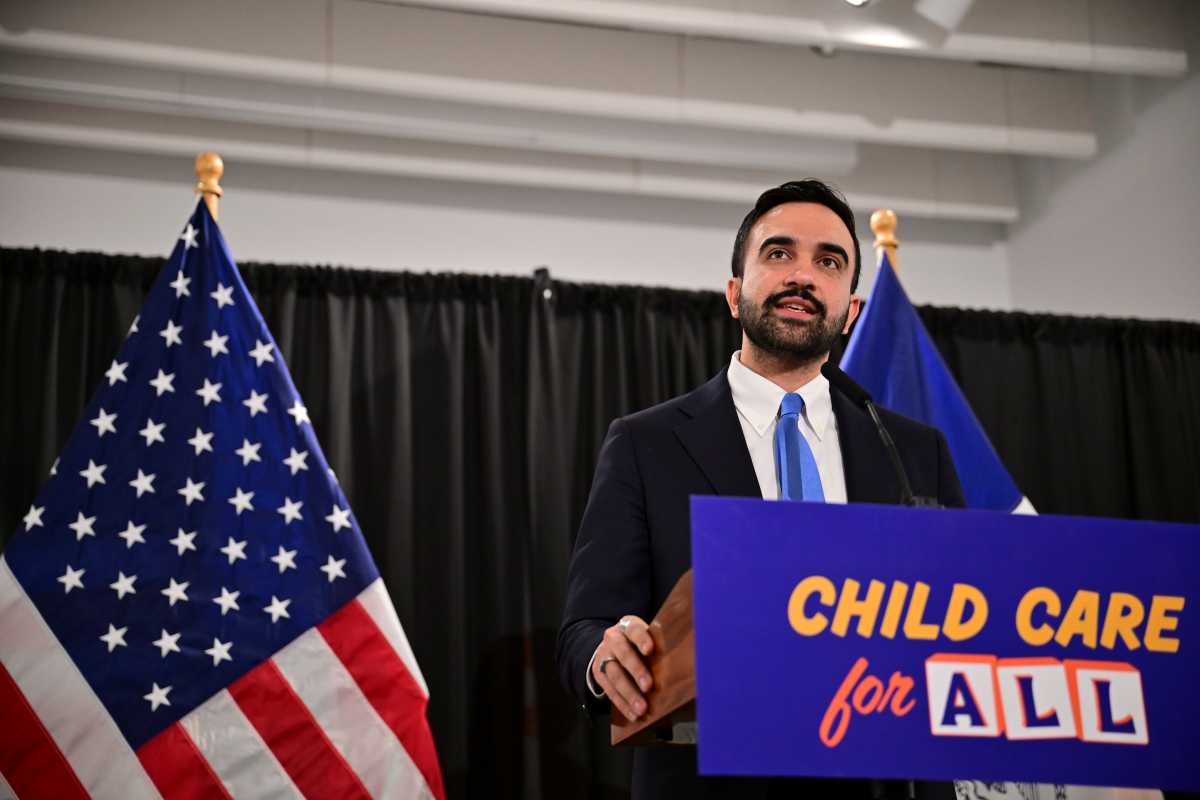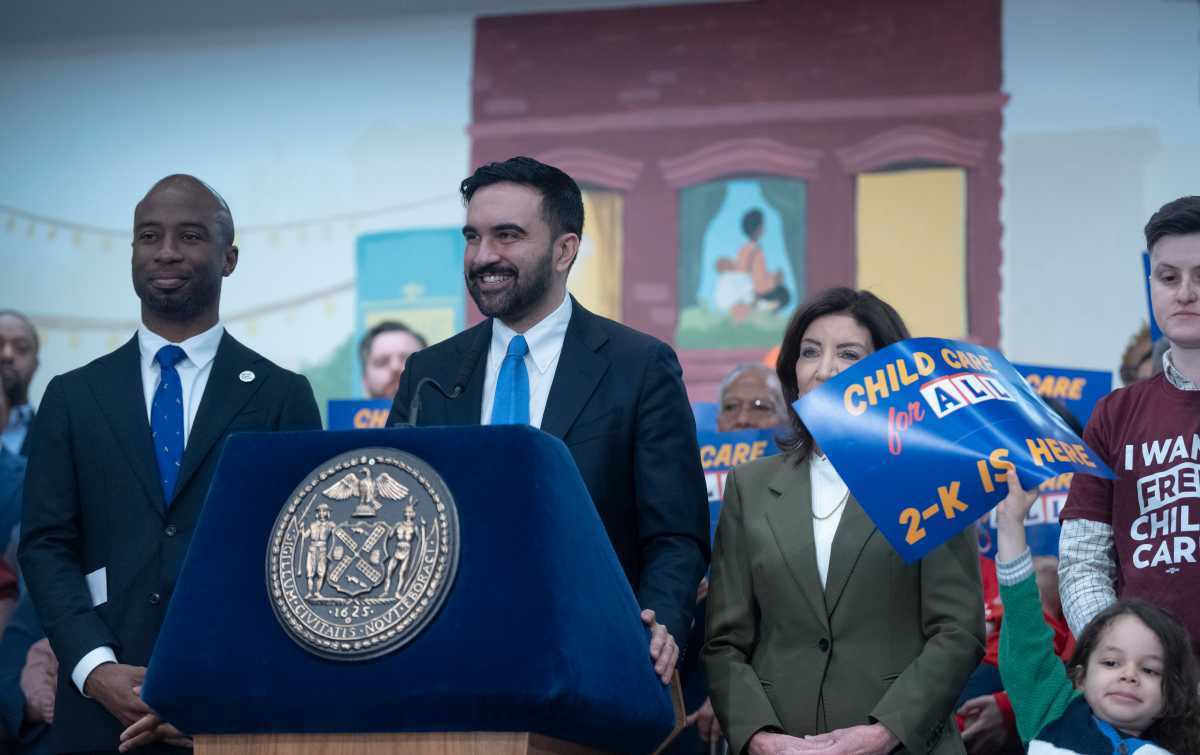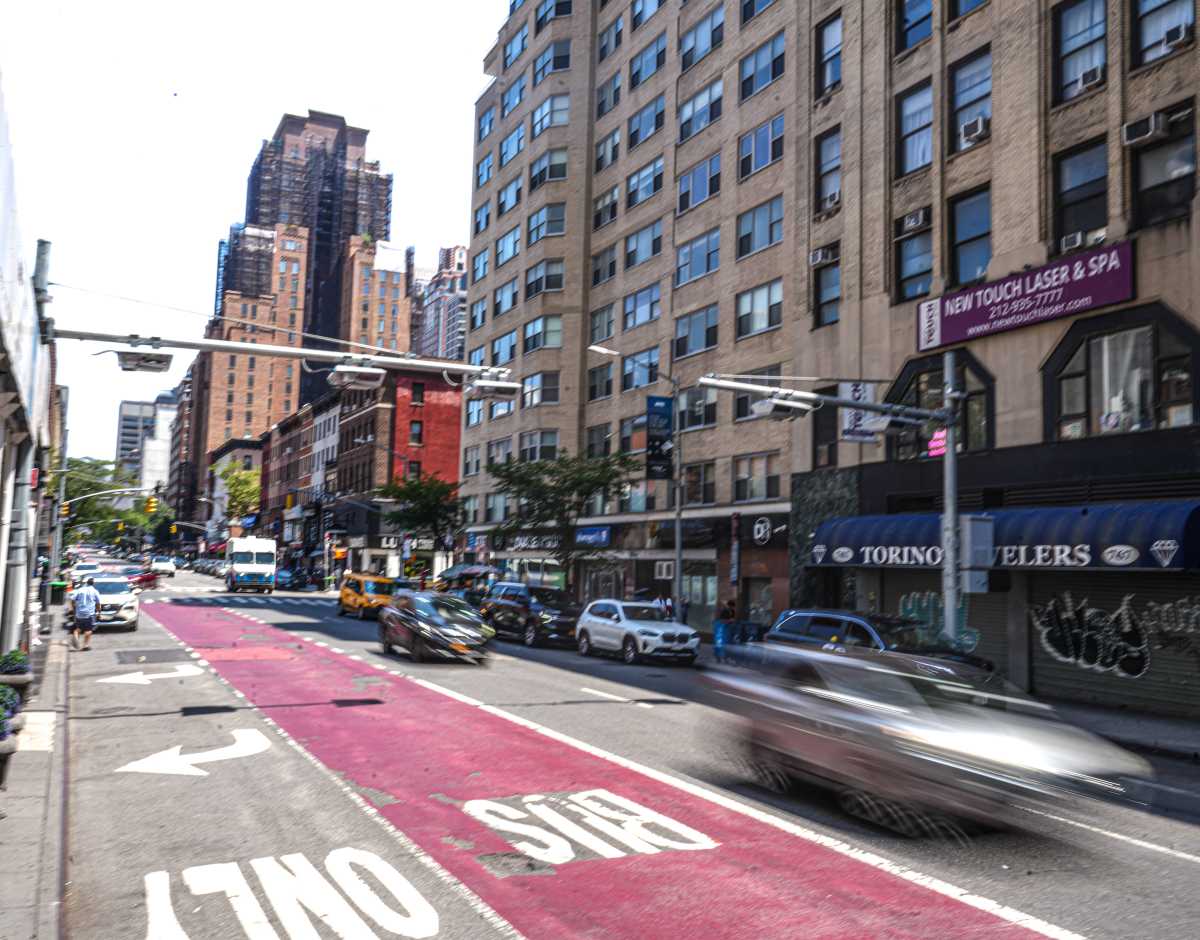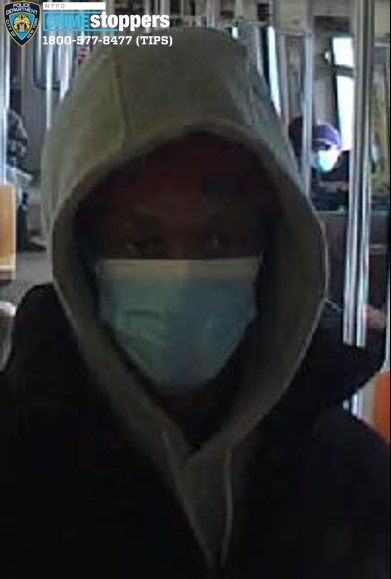A $500,000 donation is helping homeless New Yorkers get back on their feet by providing housing, job training, education and other vital resources. The funds aim to address financial struggles and offer a pathway to stability for those at a disadvantage.
The donation from the Citi Foundation has expanded opportunities for participants in the Jamaica YMCA Transitional Housing Program, not only by offering shelter but also by supporting services that help them succeed after leaving the program.
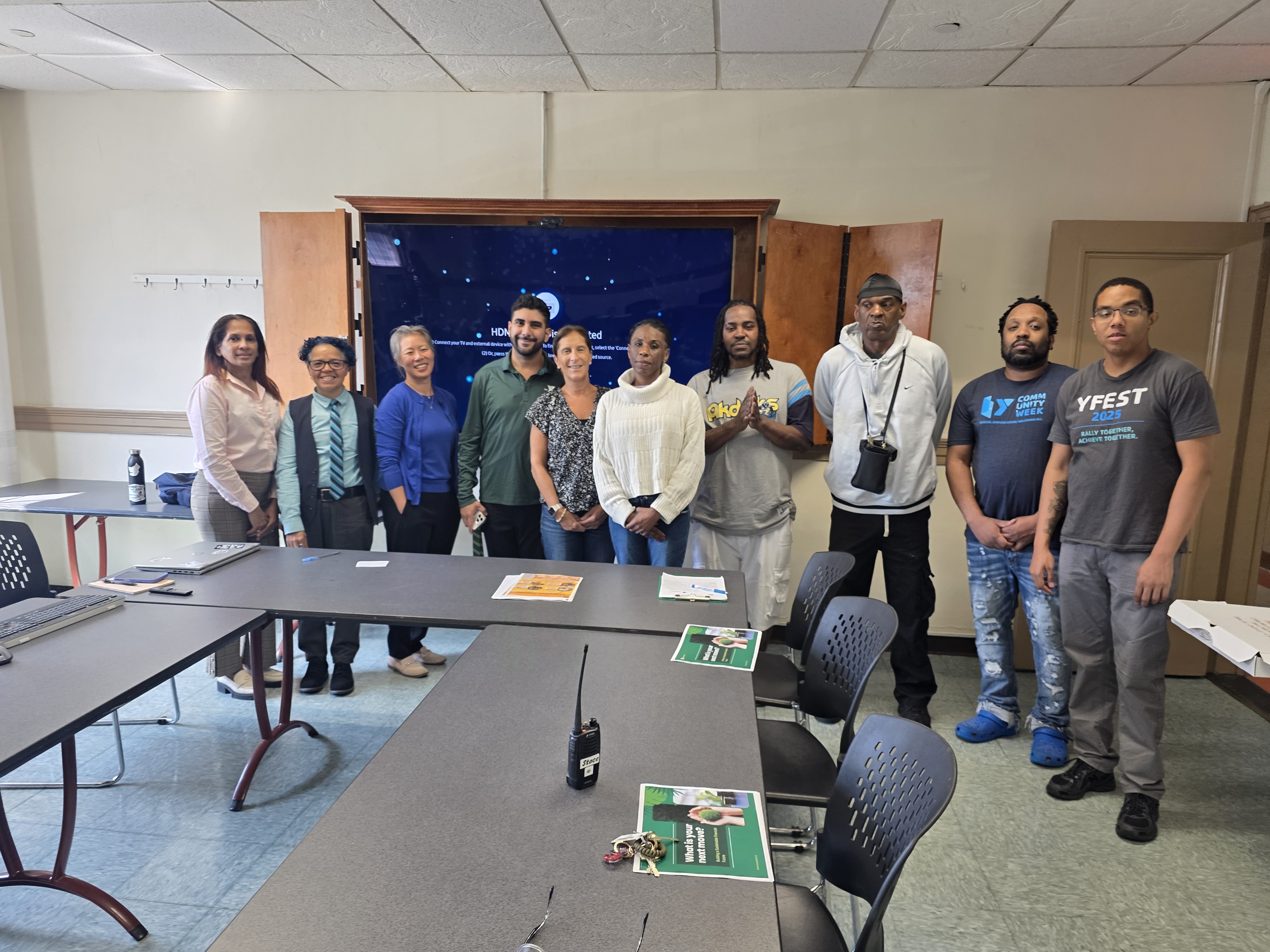
The Transitional Housing Program at the Jamaica YMCA is part of YMCA of Greater New York’s Dignity and Empowerment Initiative, which works to address homelessness in New York City, especially in Queens. Each year, more than 400 people stay at the Jamaica YMCA’s 269 transitional housing spots for three to six months while seeking employment, permanent housing or other services according to the YMCA website.
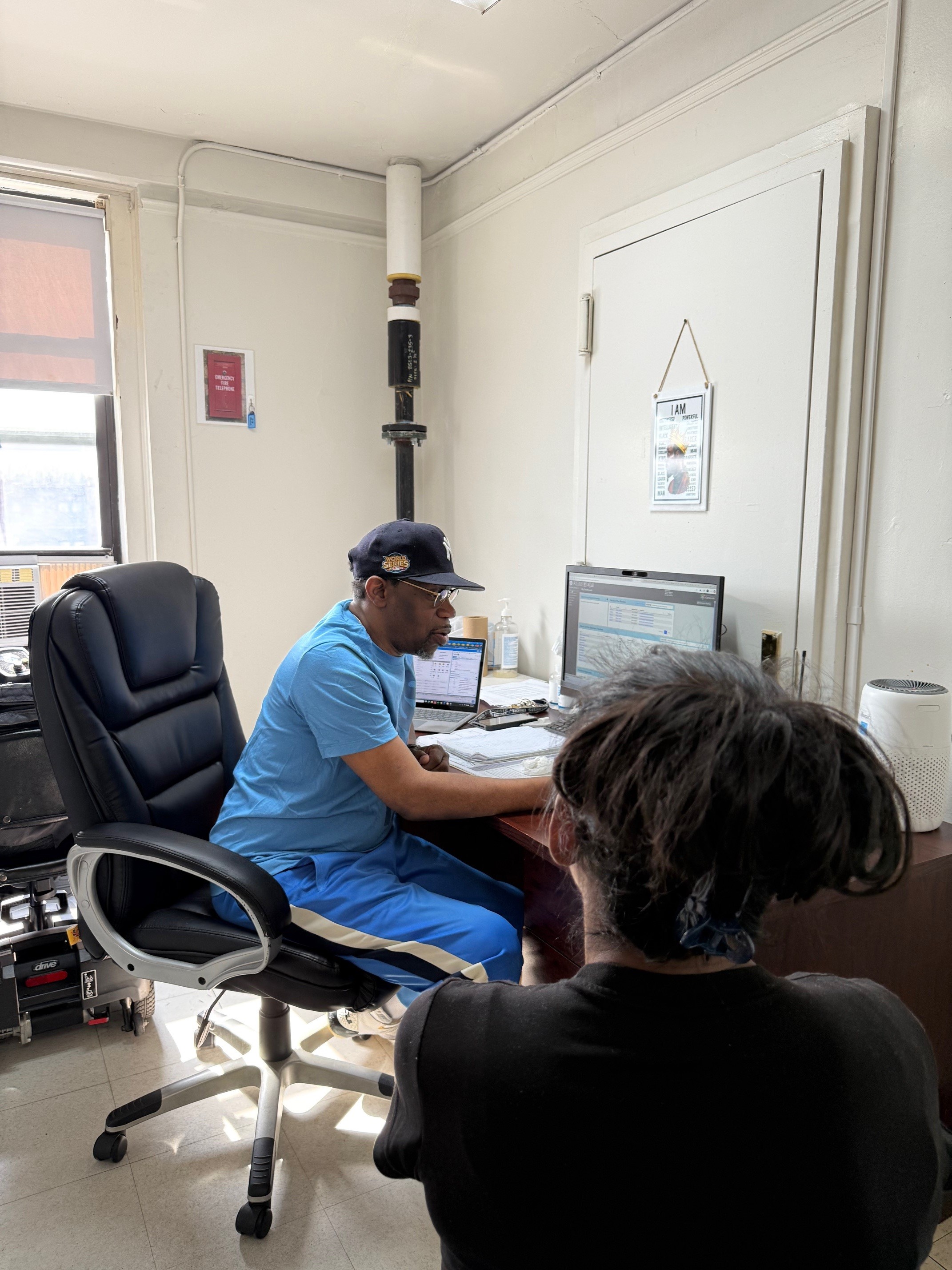
“People in transition are those who are seeking opportunities for housing, jobs and the things most of us take for granted,” said Cedric Dew, executive director of the Jamaica YMCA. “The chance to provide these services comes from understanding the community’s needs. It’s a labor of love and something we do because we see the value in it.”
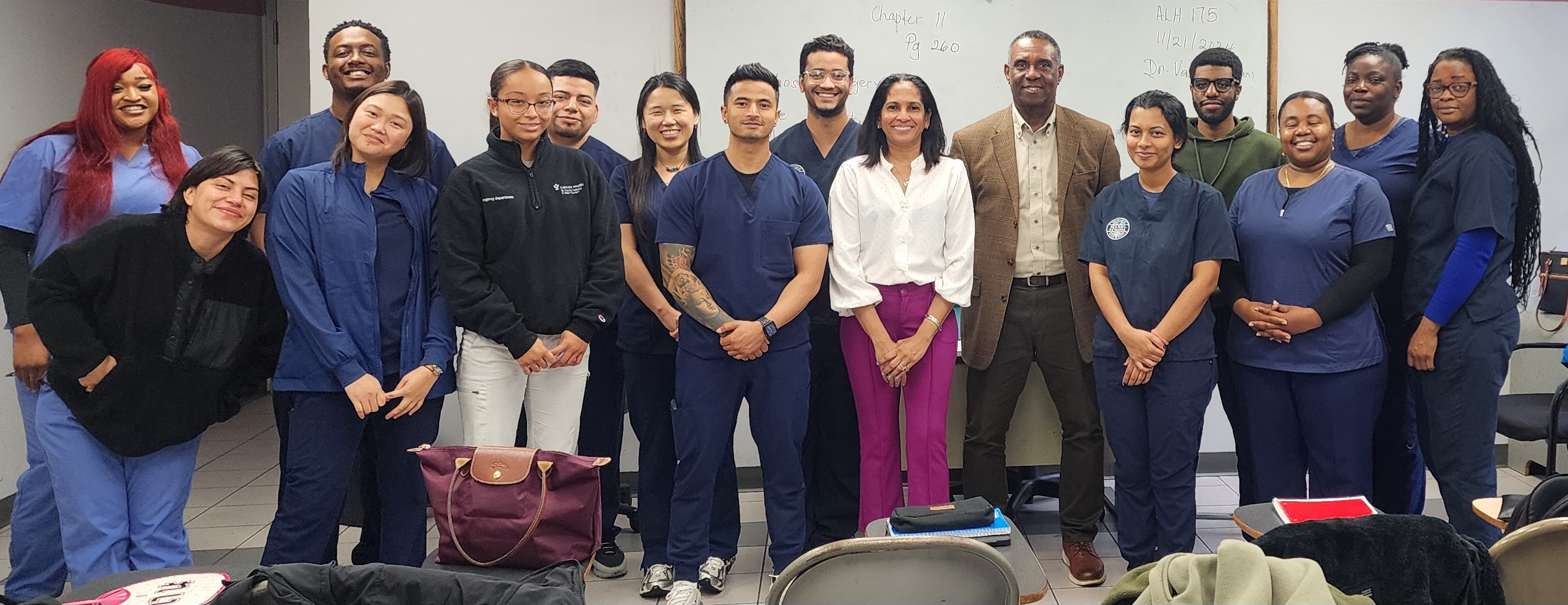
The Citi Foundation donation, awarded last year, enabled the Dignity Initiative to expand its services and equip participants with skills to thrive after leaving the housing program.
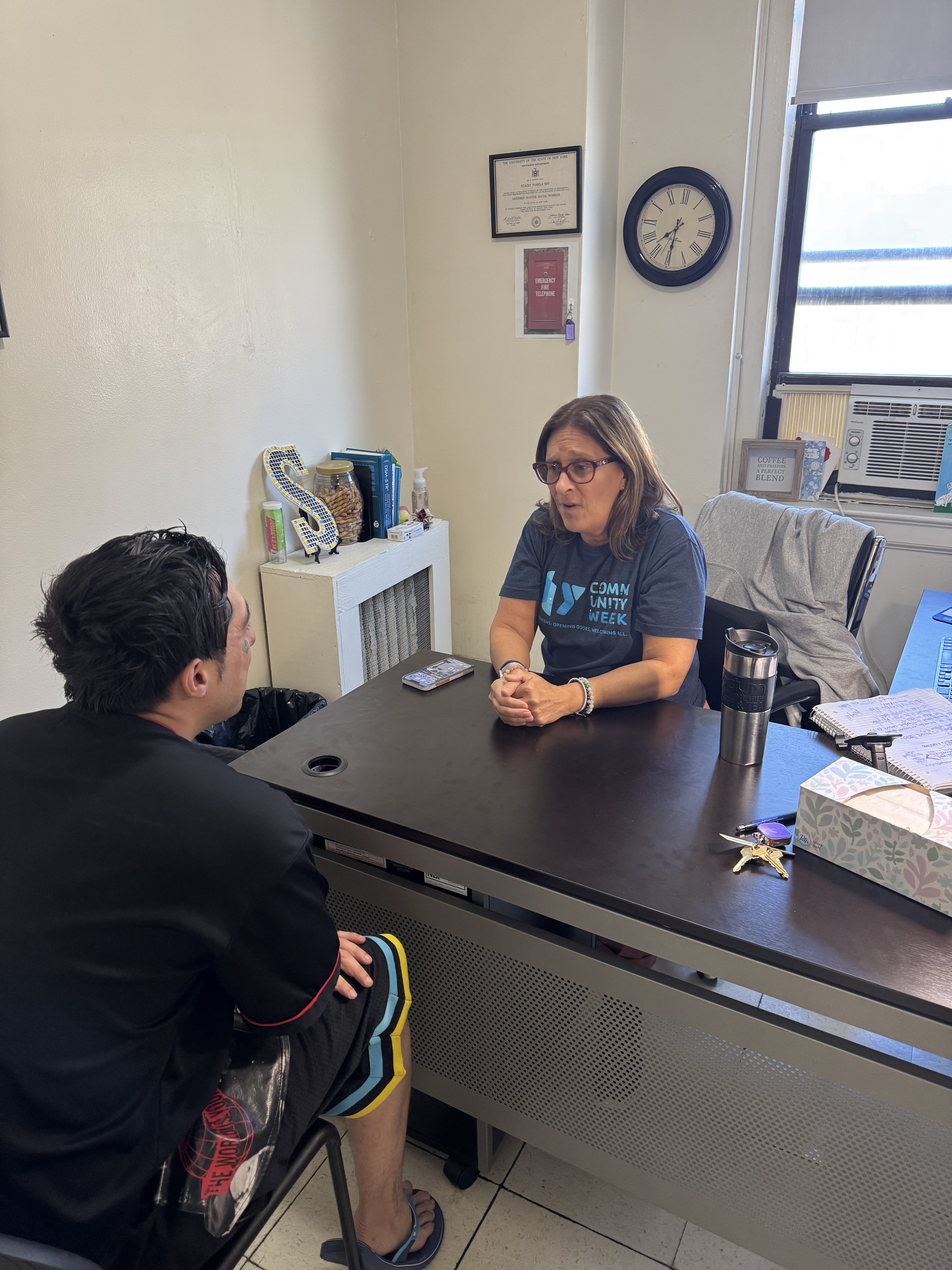
Dew said the grant allowed the program to “put a shot of adrenaline” into case management, enabling caseworkers to focus on individual needs. The program is ambitious, he said, serving 750 people in financial literacy and 250 people in workforce development over two years.
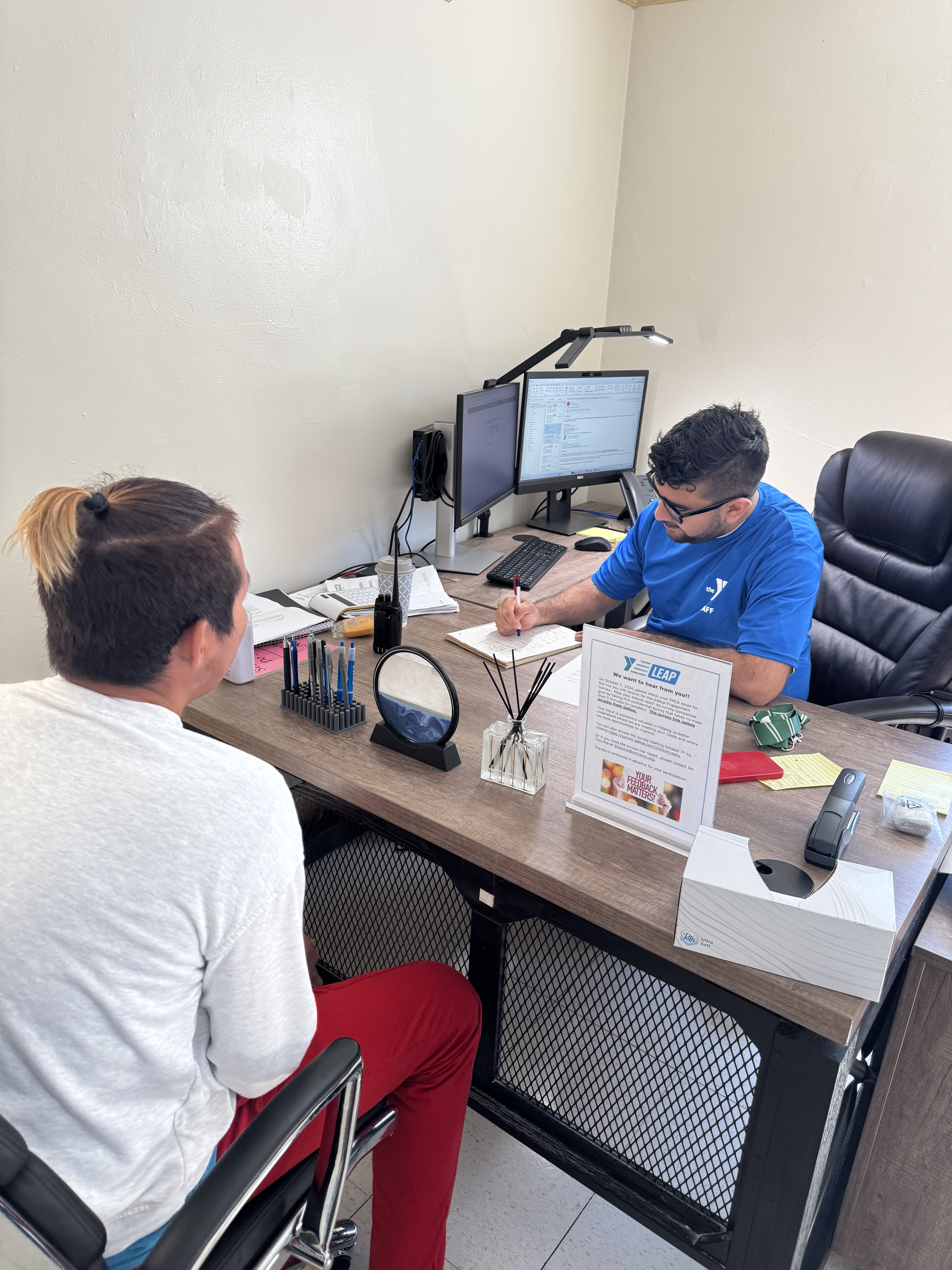
Dr. Vashti Budhram, director of the Dignity Initiative, said the program helps participants overcome barriers to employment by providing professional attire for interviews and MetroCards for transportation.
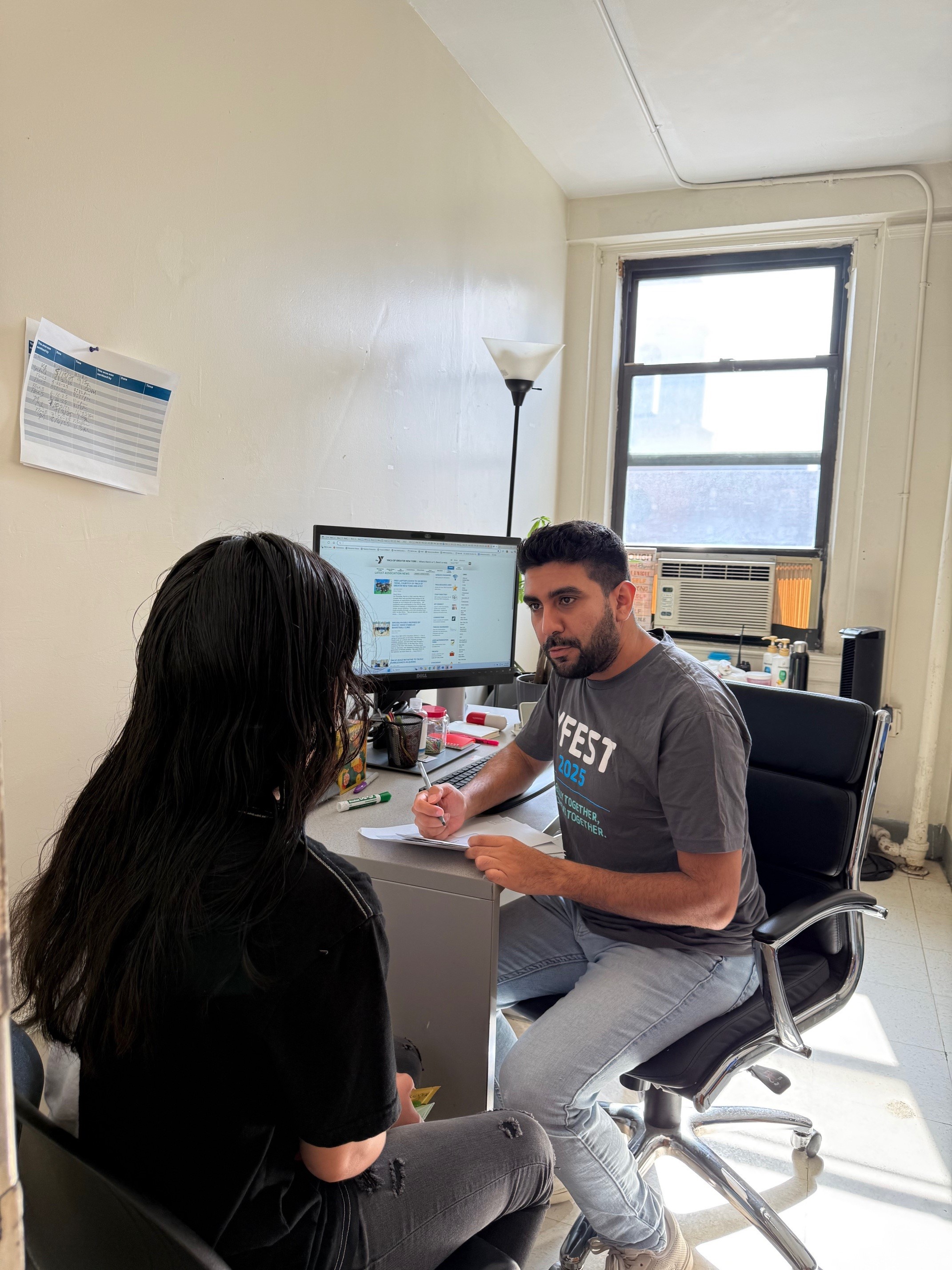
“We had a client who couldn’t afford fingerprinting, which was the final step to a job,” Budhram said. “We stepped in to offset that expense, and today that individual is employed and able to provide for his family.”
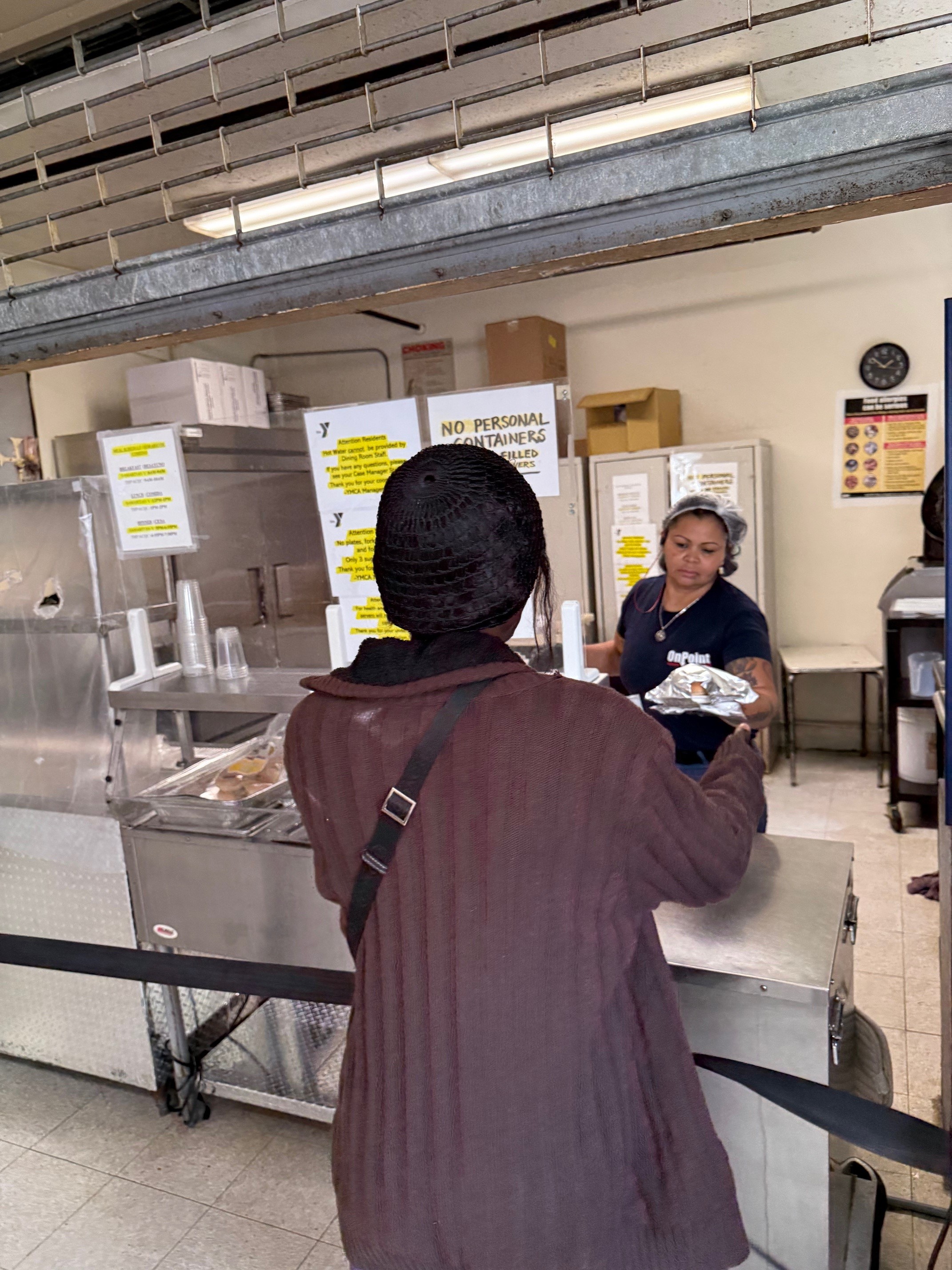
The expanded services have helped participants develop skills in financial literacy, such as budgeting and opening bank accounts, as well as resume writing. The program also offers financial stipends.
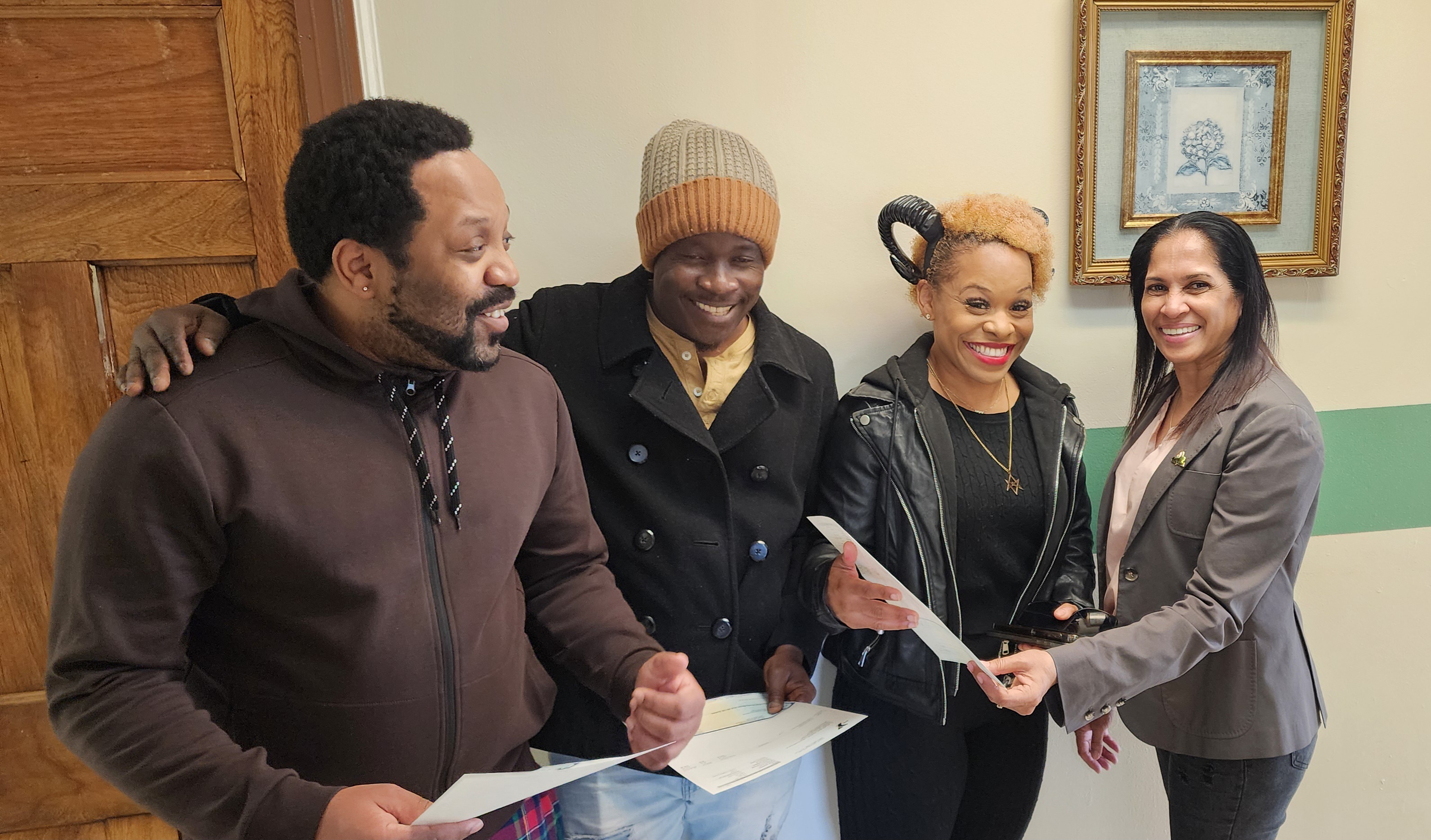
The program has historically served people ages 35 to 60, but now extends services to younger adults ages 20 to 45. Rising living costs in New York City have made it harder for young people to afford housing, especially those facing challenges such as trauma, substance abuse recovery or HIV/AIDS.
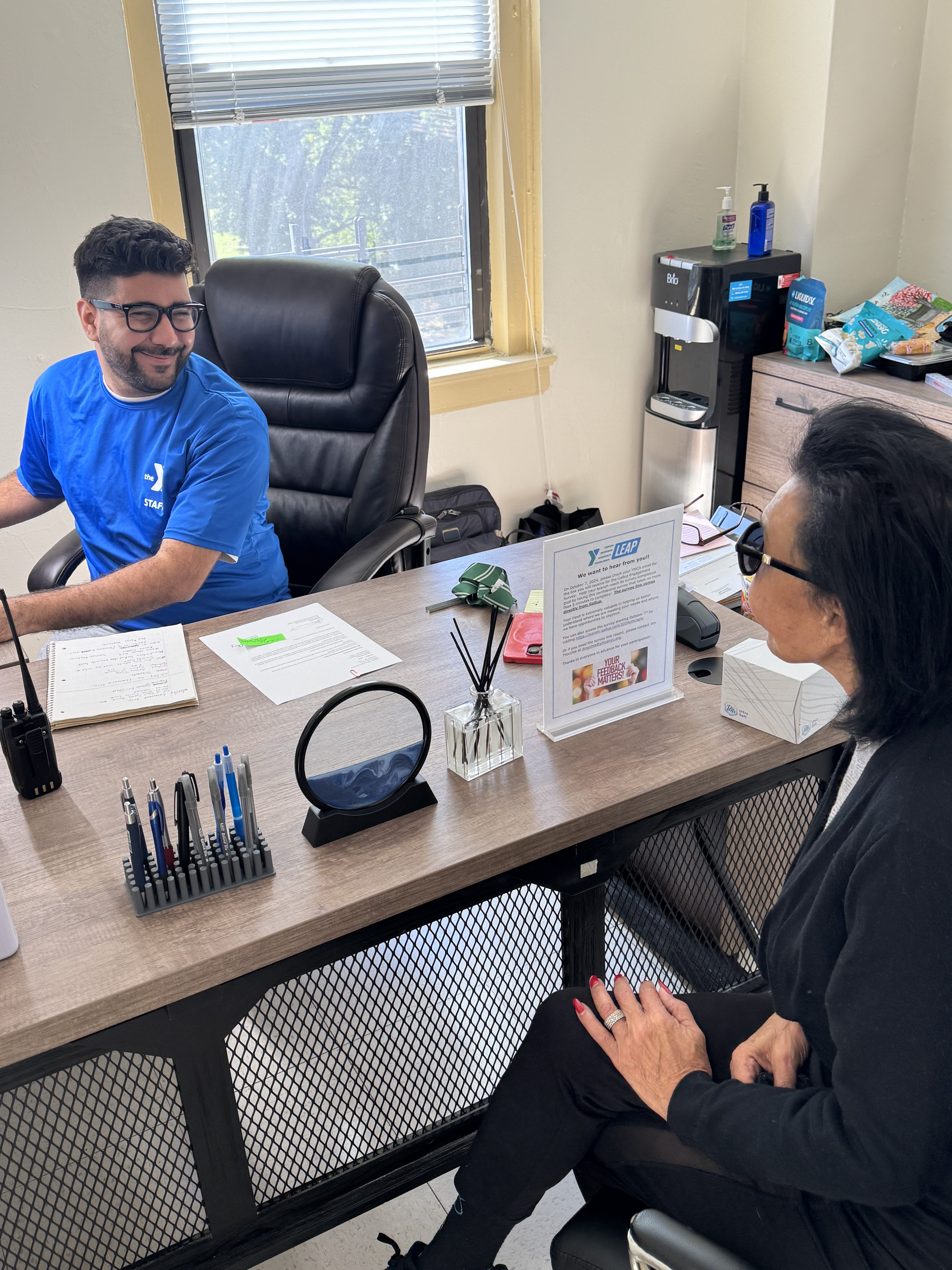
“The population has shifted by about 10 to 15 years over the last two decades,” Dew said. “Many can’t keep up with the cost of living or are dealing with trauma and other issues. We have to adjust our approach to meet their needs.”
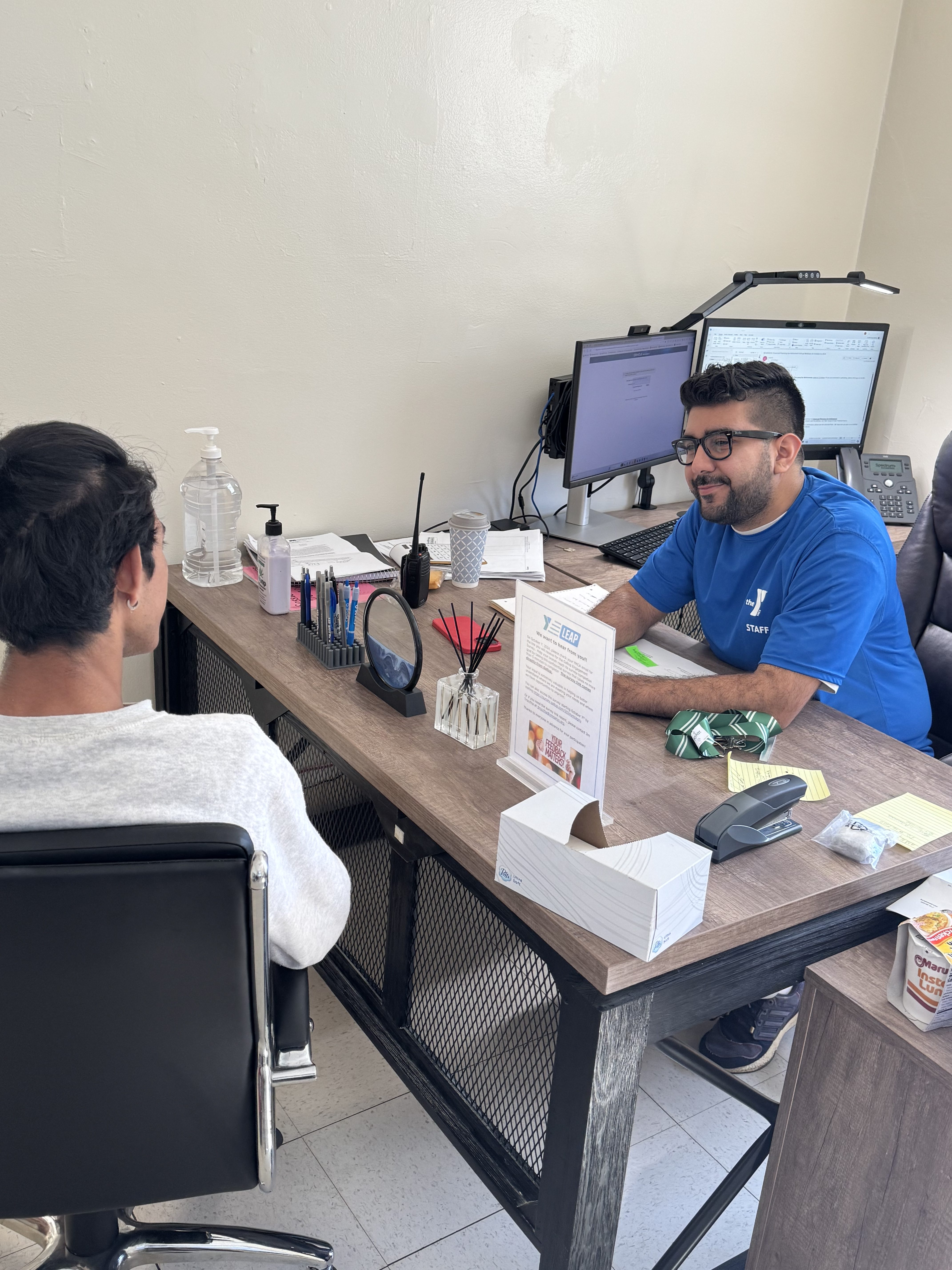
Budhram said her workshops and case management interviews give individuals a chance to express their feelings and build confidence, helping to restore their dignity.
From there, Budhram and other case managers assess each client’s level of need and provide the necessary support and resources.
The services and resources offered through the Dignity Initiative have impacted many individuals over the past year.
Kayla Watts, 61, who is currently a participant of the Dignity Initiative, found motivation and stability after participating in the financial literacy workshops, personal development sessions and one-on-one support.
Watts, who owns a small business of creating cards and artwork states how the program helped her manage money, set goals and find motivation after being out of work and society most of her life.
“I am now creating and preparing to sell handmade cards and drawings. I feel more confident, independent and hopeful about my future,” said Watts. “I want to continue to grow and remain focused on achieving long-term stability.”
Watts hopes the Dignity Initiative will offer more mentorship opportunities and discussion sessions, continuing to provide support to people like her, to have a voice and feel appreciated.
“We offered 168 part-time and full-time internships as well as voluntary service opportunities, with participants receiving stipends for their work,” Budhram said. “For financial literacy, 226 participants completed the program and made real changes in their lives.”
Dew said the program has shown that every individual is at a different stage in their transition, so resources must expand to accommodate everyone. Budhram added that it requires significant support, initiative, and planning.
Accommodating participants requires organizational support and a strong background in social work, according to the program leaders.
Budhram said social workers in transitional housing need creativity, a growth mindset and competency to succeed.
Dew said the program’s sustainability depends on continually sharing its story and seeking funding from organizations like the Citi Foundation to maintain services offered by the Dignity Initiative.
The initiative’s services help restore dignity in the community — one reason foundations like Citi Foundation support such programs.
“This initiative is about restoring people’s dignity,” Dew said. “We want everyone who walks into our buildings to feel valued—not just like a number—and to receive a level of service that goes beyond what they might experience elsewhere. We want people to really have their dignity restored in our environment.”

